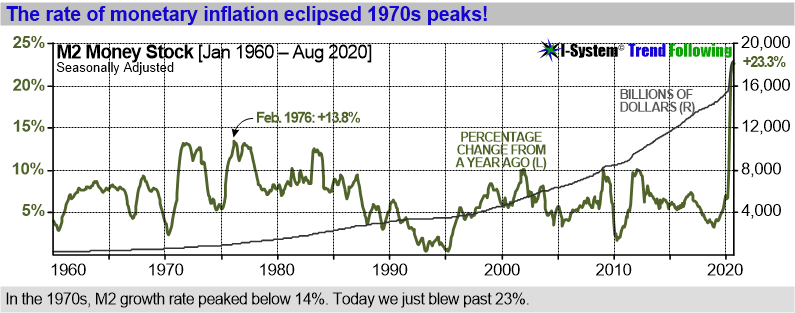For full disclosure, I do have a university degree, but I’ve worked hard ever since to recover from it.
In my book, “Mastering Uncertainty in Commodities Trading,” the key insight I had during my trading apprenticeship was about discovery that the holy grail of market speculation is within: “this game was not so much about mastering the markets or statistics or even the charts as much as it was about mastering oneself. In speculation, markets are the external reality, but what decides the game’s outcome is the inner process that determines one’s actions.“
Our actions depend on the way we perceive that external reality and how we understand its changes. But the problem of how we know things goes beyond the domain of investing; it is central to everything we do in life. The big word for this is epistemology – the “science” of how we know. It is one of the core mysteries of life which, the more we question it, the farther we drift away from the certitudes we embraced in our teenage years.
Continue reading





